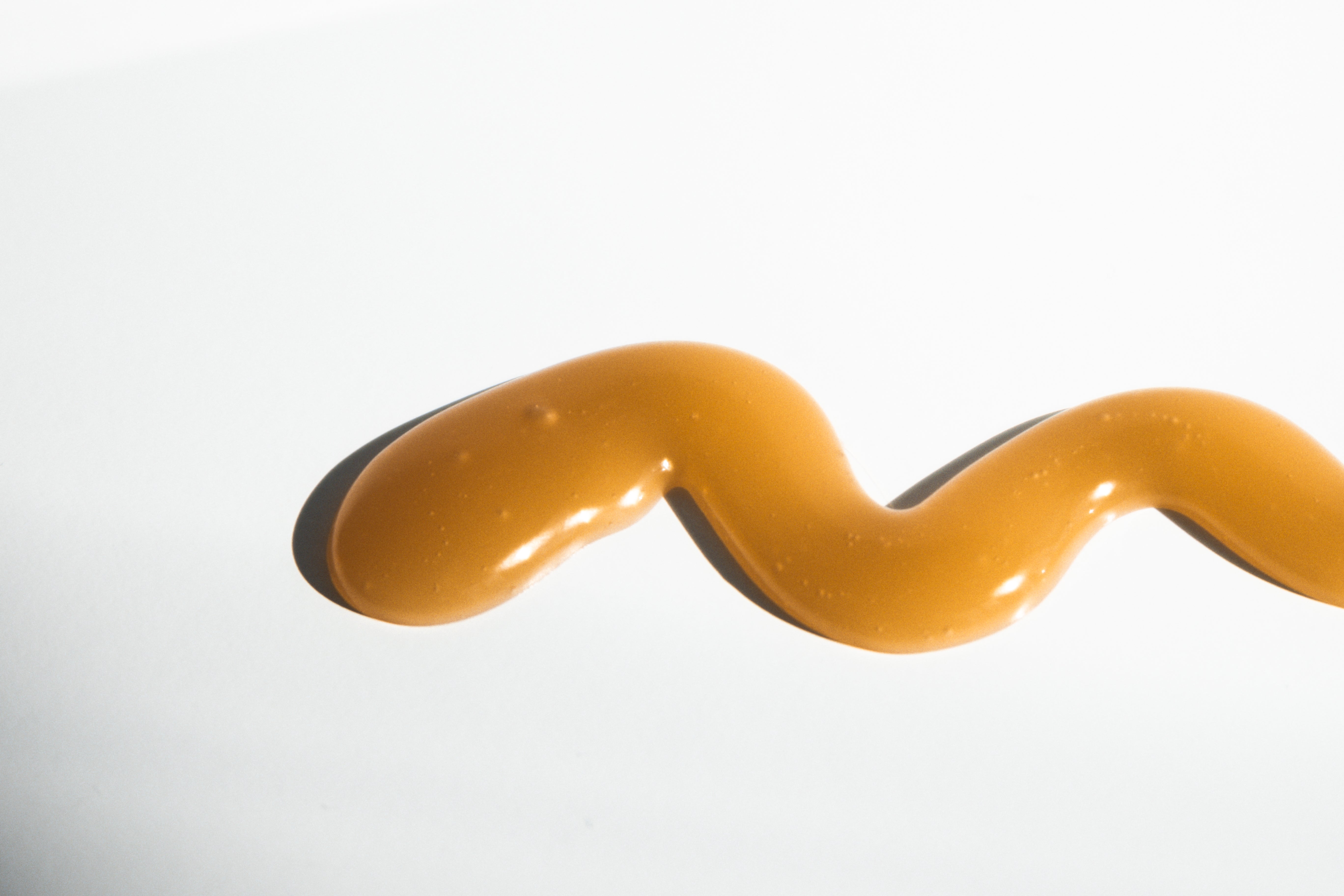CBD and Your Health: Is CBD Safe for Pregnancy?

Cannabidiol—or CBD—is a compound found in the Cannabis sativa plant that works within the body’s endocannabinoid system to bring the body to balance. Those who use CBD swear by its stress-reducing benefits, not to mention its ability to help calm inflammation in the body and the skin. Some even swear it
helps with insomnia and nausea. If you’re used to taking CBD as part of your health and wellness routine, you know how beneficial it can be to your mental and physical wellbeing.
But if you’re pregnant or trying to become pregnant, you may be wondering: Is CBD safe for pregnancy? Let’s dive in to see what you can expect from CBD when you’re expecting.
Taking CBD to help alleviate pregnancy symptoms
Many women who have taken CBD as part of their wellness routines have benefited from the soothing of anxiety, sounder sleep, or even reduction in pain—and without feeling negative side effects, it stands to reason that keeping CBD as part of their arsenal to combat pregnancy symptoms would be a no-brainer.
A non-psychoactive compound that can help an exhausted body sleep well and help quell nausea, too: Who wouldn’t be tempted to keep using CBD when pregnant?
But while some women may take CBD as a natural remedy for their symptoms and feel like it helps manage them, research is asking pregnant women to pump the breaks on their CBD habits.
Should you stop taking CBD if you’re pregnant?
CBD is still being studied for the impacts it has on the human body and brain, but the U.S. Food and Drug Administration (FDA) has issued a statement on its website that reads, “FDA strongly advises against the use of cannabidiol (CBD), tetrahydrocannabinol (THC), and marijuana in any form during pregnancy or while breastfeeding.”
And in February 2021, mspmag.com cited a study that’s the first of its kind, originally published in the Clinical Epigenetics journal a month earlier. The study, conducted on mice by University of Minnesota researchers, focused on “examined long-term impacts on offspring of mice, associated with the mother’s oral CBD use during pregnancy and nursing.”
The results were noteworthy. As mspmag.com continues, “‘Adult animals who were exposed to CBD in the womb and during early life showed long-lasting changes to their cognitive (thinking) and affective (feeling) behavior, even after they had not been exposed to CBD for a long time,’ says Christopher Faulk,
Ph.D., assistant professor in functional genomics in the U’s animal science department. ‘These initial findings encourage caution in regard to women using CBD during pregnancy and nursing—compounds like CBD and THC cross the placenta easily and are found in breastmilk.’”
The study also found that adult female offspring had improved memory, but also showed an increase in anxiety. But perhaps the most striking findings of the study were that CBD exposure altered gene regulatory marks. Known as “epigenetic marks,” these gene regulators “help direct the ‘when, where, and
how much’ of our genes without modifying the underlying DNA sequence,” Faulk told mspmag.com, “similar to the way that adding a comma can change the meaning of a sentence.”
Epigenetic marks are involved in memory and mood, and this study is the first of its kind to show the impact CBD has on these marks when they’re still being developed. Faulk continues in his interview, “We found that these epigenetic marks were significantly changed in the brains of mice exposed to CBD
during development, particularly in genes controlling how brain cells grow and communicate.”
So, what does this all mean? For starters, it’s important to note that the dosage involved in this study on mice was nearly equivalent to a 150-pound adult taking 1 milliliter (a full dropper) of highly concentrated CBD (1,000 mg) orally, twice a day. The study showed that the genes impacted by this significant CBD exposure in utero are the genes involved in brain development, and responsible for conditions like substance use disorder, epilepsy, and autism.
But while these findings are very serious and deserve to be studied further, Faulk did note in his interview with mspmag.com, that for causal, low-dosage CBD use, “There is not enough evidence to definitively say that casual doses of CBD during pregnancy are harmful in people.”
The takeaway
As with any question involving pregnancy, talking to your doctor should be your first step before taking CBD when you’re pregnant, considering becoming pregnant, or nursing.
“While we know how beneficial CBD can be to our health, our outlook, and our skin, we strongly urge anyone who is pregnant, nursing or considering becoming pregnant to speak to their physician about continuing their CBD regimen during these times,” says Sarah Mirsini, founder of MASK CBD Skincare.
“We look forward to CBD being the subject of future scientific research, and to discovering how best to utilize this compound to maintain optimal health, at all stages of life.”
When it comes to CBD and pregnancy, then, do what you’d do with anything that might impact your baby: Read, research, and reach out to your doctor with any questions. And remember—CBD will be here for you when you’re ready to integrate it safely back into your wellness routine!




